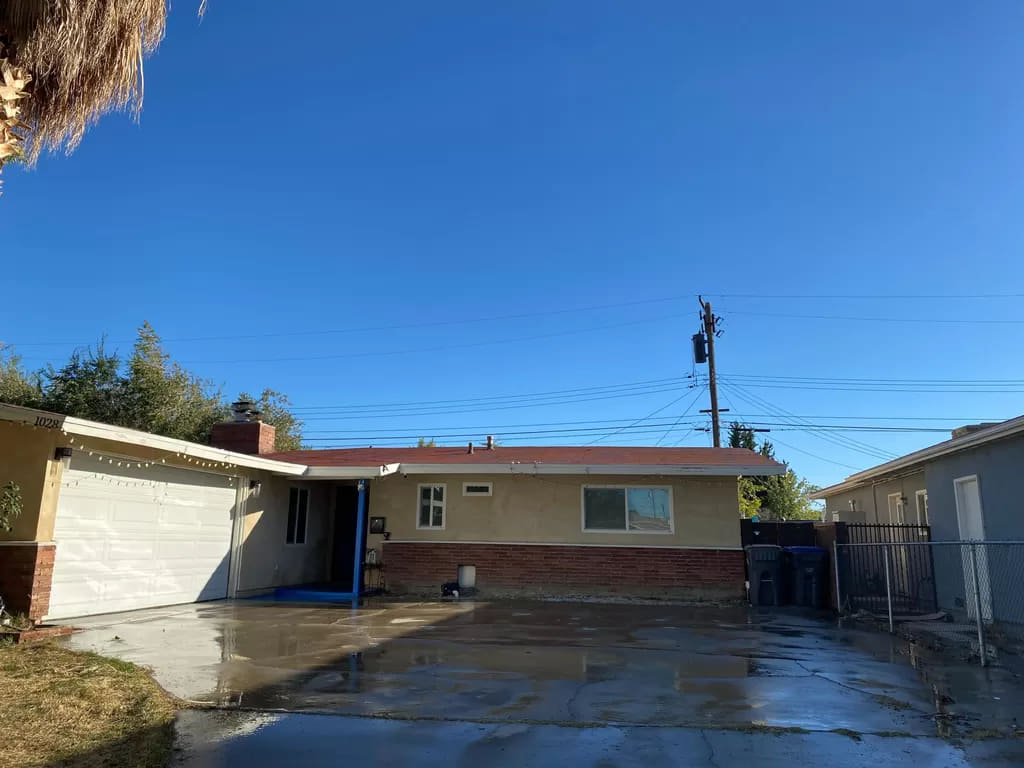In today's exploration, we tackle a common query that often arises in Section 8 issue: "Does Supplemental Security Income (SSI) impact your eligibility for Section 8 housing assistance?" Join us as we unravel the complexities, providing you clarity on your path toward secure and affordable housing.
The Basics of Supplemental Security Income (SSI)
This is a vital social welfare program in the United States. Its primary goal is to provide financial assistance to disabled, blind, or elderly individuals with limited income and resources. To be eligible for SSI, applicants must meet specific criteria related to their age, disability status, income, and assets.
The program provides a monthly cash benefit to eligible recipients, which is adjusted annually based on changes in the cost of living. As of 2021, the maximum federal benefit amount for an individual is $794 per month, while a couple can receive up to $1,191 per month.
Does SSI Count as Income for Section 8?

No, Section 8 does not count Supplemental Security Income (SSI) as income when determining eligibility for housing assistance.
SSI is a federal program that provides financial assistance to individuals with disabilities, including low-income individuals. This means that if you receive SSI, it will not be counted as income when determining your eligibility for Section 8 housing vouchers. Section 8 housing vouchers are provided by the U.S. Department of Housing and Urban Development (HUD) and are intended to assist low-income individuals and families in obtaining affordable housing. The vouchers can be used to subsidize the cost of rent in privately-owned housing. Each local Public Housing Authority (PHA) has specific rules. Some may exclude a portion of SSI income, while others consider the full amount.
The impact of SSI depends on factors like household size, other income sources, and PHA policies. The "In-Kind Support and Maintenance" rule also applies, where free or reduced-cost support may affect SSI and Section 8 benefits. If you receive free housing and meals from a family member while receiving SSI benefits, the value of that support is considered income. For SSI, the value of the in-kind support is counted towards your income, potentially reducing your SSI benefits.
Additionally, under Section 8, the value of the free housing is also considered income, which can affect your eligibility and the amount of rental assistance you receive. The specific rules and calculations regarding the ISM rule can vary, so it's crucial to contact your local PHA and the SSA to understand how it applies to your situation.
Navigating the Application Process

If you are receiving Supplemental Security Income (SSI) and considering applying for Section 8 assistance, here are some practical tips to help you navigate the process:
Research and Understand
Start by familiarizing yourself with the Section 8 program, its eligibility requirements, and the application process. Visit the website of your local Public Housing Authority (PHA) or contact them directly for detailed information.
Gather Necessary Documents
Gather important documents that will be required during the application process. These may include proof of identity (such as a driver's license or passport), social security card, birth certificate, proof of income (including SSI award letter), bank statements, and information about your assets.
Contact Your Local PHA
Reach out to your local PHA to inquire about the application process and request an application form. Many PHAs provide the option to apply online, by mail, or in person. Ask about any specific documents or information they require along with the application.
Complete the Application
Fill out the application form accurately and provide all the requested information. Take your time to ensure that you have included all necessary details and supporting documentation.
Seek Assistance if Needed
If you require assistance with the application process, consider reaching out to local community organizations or social service agencies. They may offer free or low-cost assistance in completing the application and gathering required documents.
Follow Up
After submitting your application, stay in touch with the PHA to check on the status of your application. Be prepared to provide any additional information or documentation requested during the review process.
Keep Records
Maintain copies of all application materials, correspondence, and any supporting documentation. This will help you keep track of the process and serve as a reference if needed.
Additional Support
If you have questions or need further assistance, contact your local PHA or refer to their website for resources and contact information. They can provide guidance on the application process, eligibility, and any specific concerns you may have.
Related: Preparation For A Section 8 Interview
Conclusion
We hope to have shed light on this often intricate subject. Please keep in mind, the journey towards affordable housing is unique for each individual, and understanding the nuances of income calculations is key. Armed with knowledge, you can confidently navigate the application process. Should questions arise, local housing authorities and government resources stand ready to offer assistance. We wish you success in your endeavors!





